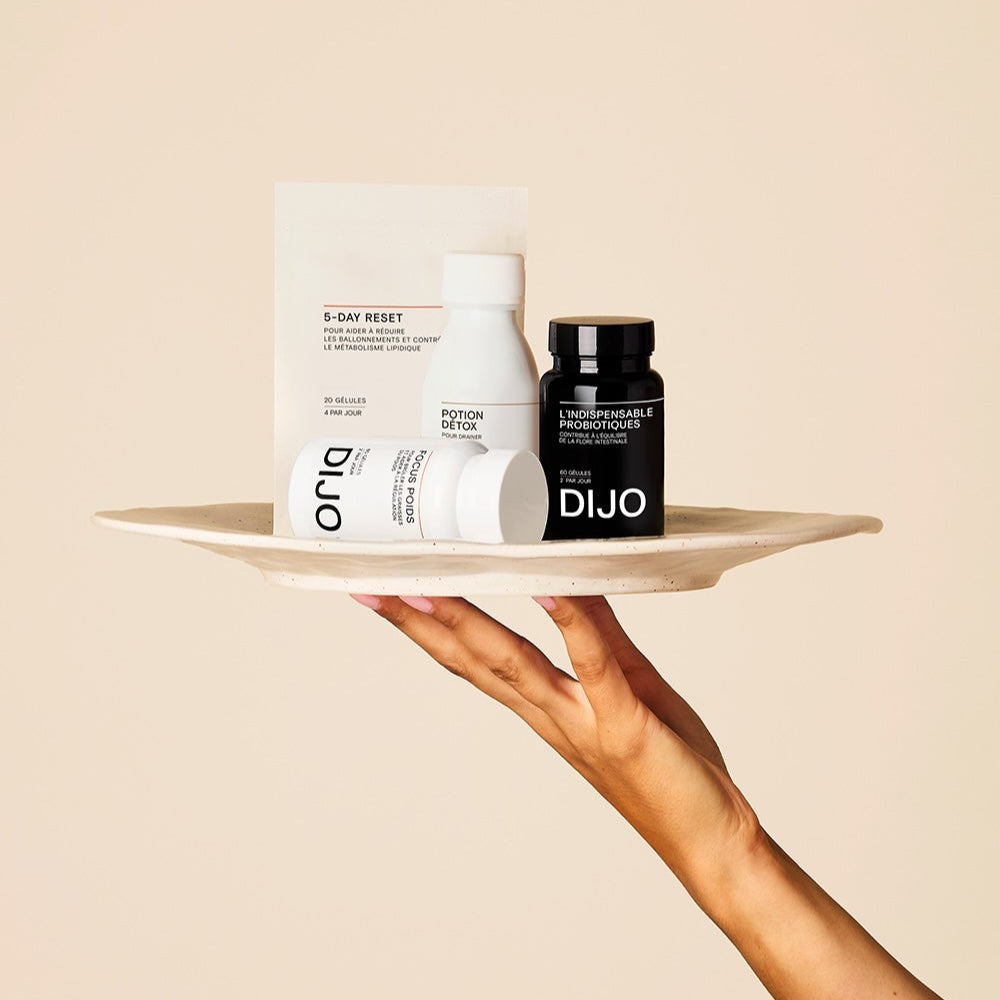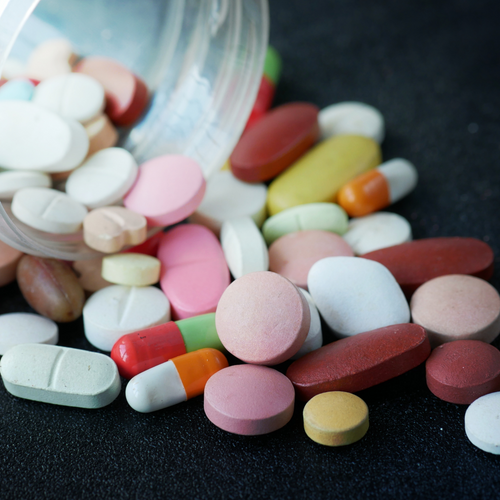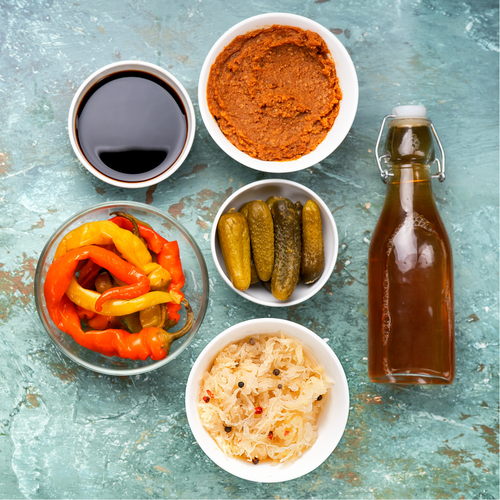If you recognize yourself in one or more of these situations, the problem probably doesn't come from you, but from your intestines. And while we talk a lot about the intestinal microbiota, and how essential it is to preserve it, this is not the main reason we will be addressing today. Indeed, restoring the integrity of your microbiota is essential if we want to regain intestinal comfort and general well-being. But if the environment in which the bacteria reside isn't healthy, they will never be able to provide all their benefits effectively. The integrity of your intestinal wall is likely the reason why you're struggling to achieve your wellness goals, so let's try to get a clearer picture.
How can your gut wall hinder your quest for wellness?
You should know that the intestinal wall is actually a barrier. It's supposed to provide a measured link between the outside world and your body's internal environment. Its main function: to ensure appropriate isolation of unwanted food contents, while maintaining nutrient absorption capabilities. Because yes, our intestines are confronted with all types of harmful molecules: toxins, pro-inflammatory molecules, pathogens... But they know how to defend themselves. Indeed, the pores found all along this organ are of such a size that they do not let these harmful molecules pass, too large. But they are still large enough to let nutrients pass, much smaller molecules, to then transport them throughout the body thanks to the bloodstream.
However, there are many risk factors that impact the configuration of the intestinal wall. Alcohol, stress, infections, under/malnutrition, immune deficiency, treatments, dysbiosis… They all contribute to the relaxation of the pores, which will become larger, allowing toxins to travel freely in your body. This phenomenon has a name: intestinal porosity, or intestinal hyperpermeability, it is often described as “leaky gut syndrome”.
How is this a hindrance for me?
No matter how hard we try to maintain a diverse microbial population within our intestines, our bacteria can only work well in a healthy environment. This is often the reason why some people do not see an improvement in their digestive problems after taking probiotics . The intestinal wall and microbiota go hand in hand, and if we want to maximize our well-being over the long term, it is essential to preserve them individually so that they function properly together.
For those looking to lose weight, it's also a good idea to ensure the health of their intestinal barrier. In fact, intestinal porosity often leads to dysbiosis, and a microbial imbalance is detrimental to the processing and assimilation of nutrients. This factor disrupts macronutrient metabolism and leads to nutritional deficiencies. But accumulating toxins further hinders weight loss because it overloads the liver and other excretory organs. They malfunction, slowing us down and making us tired, two factors that are detrimental to the motivation needed for sustainable weight loss. They also impair our digestive abilities, and there's a vicious circle.
Sources:
[1] Fukui H. (2016). Increased Intestinal Permeability and Decreased Barrier Function: Does It Really Influence the Risk of Inflammation?. Inflammatory intestinal diseases , 1 (3), 135–145. https://doi.org/10.1159/000447252
[2] Fink MP (2003). Intestinal epithelial hyperpermeability: update on the pathogenesis of gut mucosal barrier dysfunction in critical illness. Current opinion in critical care , 9 (2), 143–151. https://doi.org/10.1097/00075198-200304000-00011
[3] Li, M., Oshima, T., Ito, C., Yamada, M., Tomita, T., Fukui, H., & Miwa, H. (2021). Glutamine Blocks Interleukin-13-Induced Intestinal Epithelial Barrier Dysfunction. Digestion , 102 (2), 170–179. https://doi.org/10.1159/000502953
[4] Maldonado Galdeano, C., Cazorla, SI, Lemme Dumit, JM, Vélez, E., & Perdigón, G. (2019). Beneficial Effects of Probiotic Consumption on the Immune System. Annals of nutrition & metabolism , 74 (2), 115–124. https://doi.org/10.1159/000496426



















